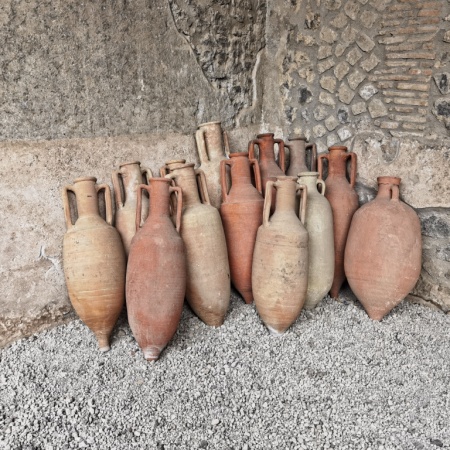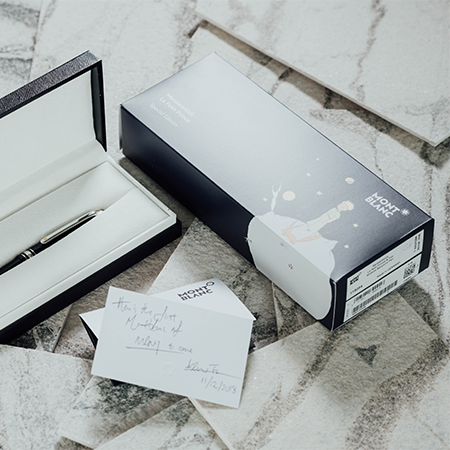Olive oil has been an indispensable part of Mediterranean culture since ancient times. Preserving the quality of this valuable oil and being able to store it for long periods was of great importance to ancient societies. The foundations of modern packaging techniques used today lie in these ancient methods. This article will discuss how olive oil was stored and preserved in antiquity.
Amphoras:
In antiquity, amphora was one of the most commonly used containers for storing and transporting olive oil. These large, double-handled ceramic containers played a significant role in domestic and overseas trade. Thanks to amphoras, olive oil was protected from external factors such as air and light, allowing it to be preserved for long periods without spoiling.
Design and Use of Amphoras:
Amphoras were generally designed with narrow necks and large bodies. This design was ideal for minimizing contact with air while pouring the oil. Additionally, the inner surface of amphoras was usually coated with resin to prevent the oil from leaking and the containers from becoming odorous. The seals and marks on the amphorae provided information about the quality and origin of the oil.
Underground Storage:
During the ancient Greek and Roman periods, underground storage was also used for storing olive oil. These storage areas were located where the temperature remained more stable, and the light was almost absent. That prevented the olive oil from oxidizing and spoiling. Underground storage also provided ideal spaces for storing large quantities of olive oil.
Ceramic and Stone Jars:
Ceramic and stone jars were used for storing smaller amounts of olive oil. These containers were suitable for daily use and were easy to transport and store. Additionally, the tops of the jars were sealed with beeswax or clay to maintain the freshness of the olive oil.
Olive Oil Cellars:
Some wealthy families and large producers built exceptional olive oil cellars. These cellars were designed to store olive oil under ideal conditions. The cellars consisted of underground rooms where the temperature was low and stable. These rooms allowed the olive oil to be preserved for long periods without spoiling.
Olive Oil Storage Culture:
In antiquity, the storage of olive oil was not just a technical matter but also a cultural one. Since olive oil was used in religious ceremonies, culinary practices, and medicinal purposes, its quality was meticulously preserved. Therefore, advanced techniques and methods were developed for the storage and preservation of olive oil.
Today, due to its cost-effectiveness and logistical flexibility, the combination of glass bottles and cardboard boxes is most preferred in olive oil packaging. A dark-colored glass bottle prevents the olive oil from being damaged by external factors such as light, humidity, and temperature, while a sturdy cardboard box provides effective protection against potential damage during logistics. Additionally, packaging in an elegant and eye-catching manner also influences the consumer's brand preference.
As LuxBoxPack, we design and manufacture aesthetic and durable olive oil bottle boxes to meet the needs and demands of our customers operating in the vegetable oil industry. You can call +90 212 438 82 15 for detailed information about our packaging solutions.












